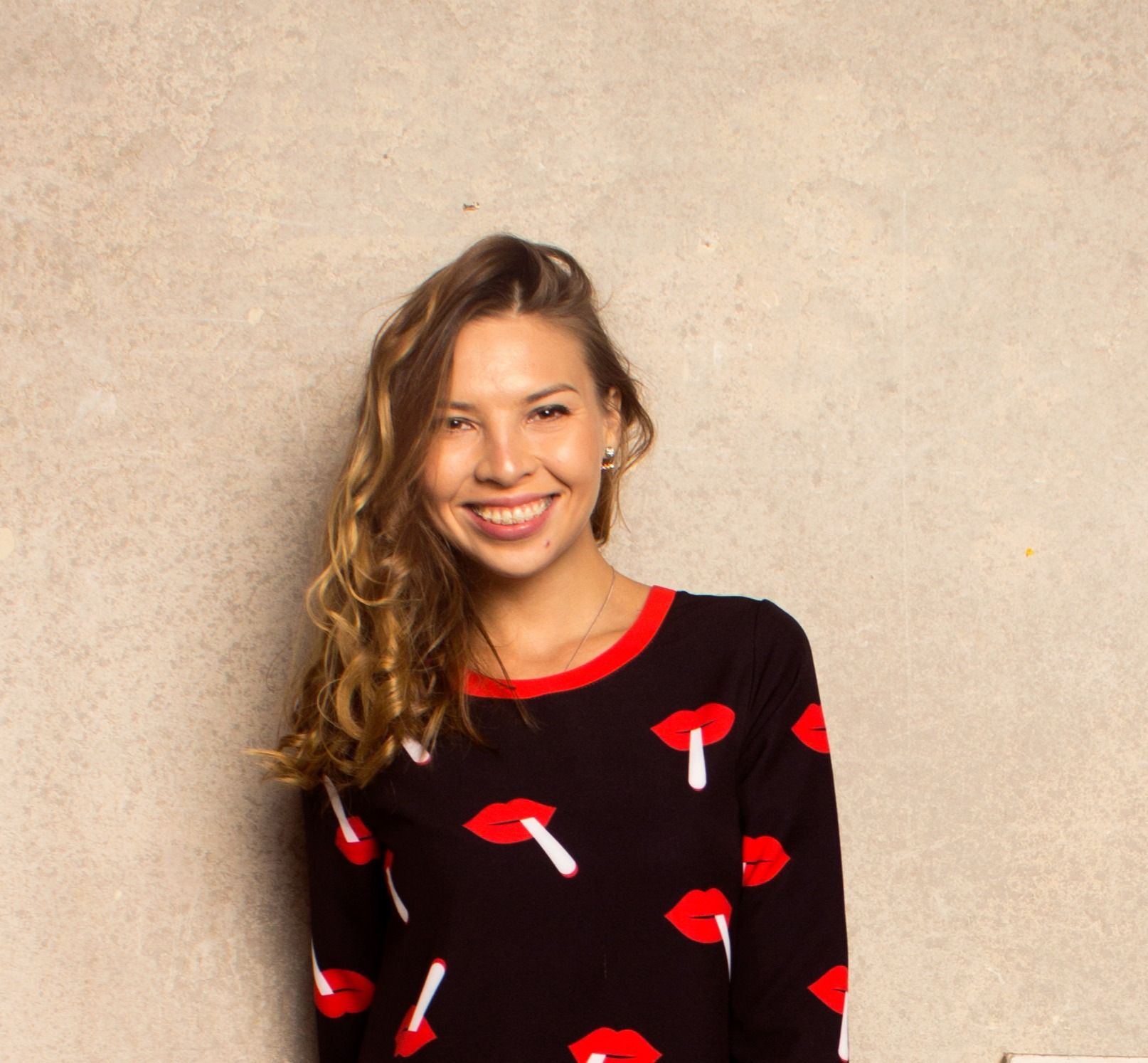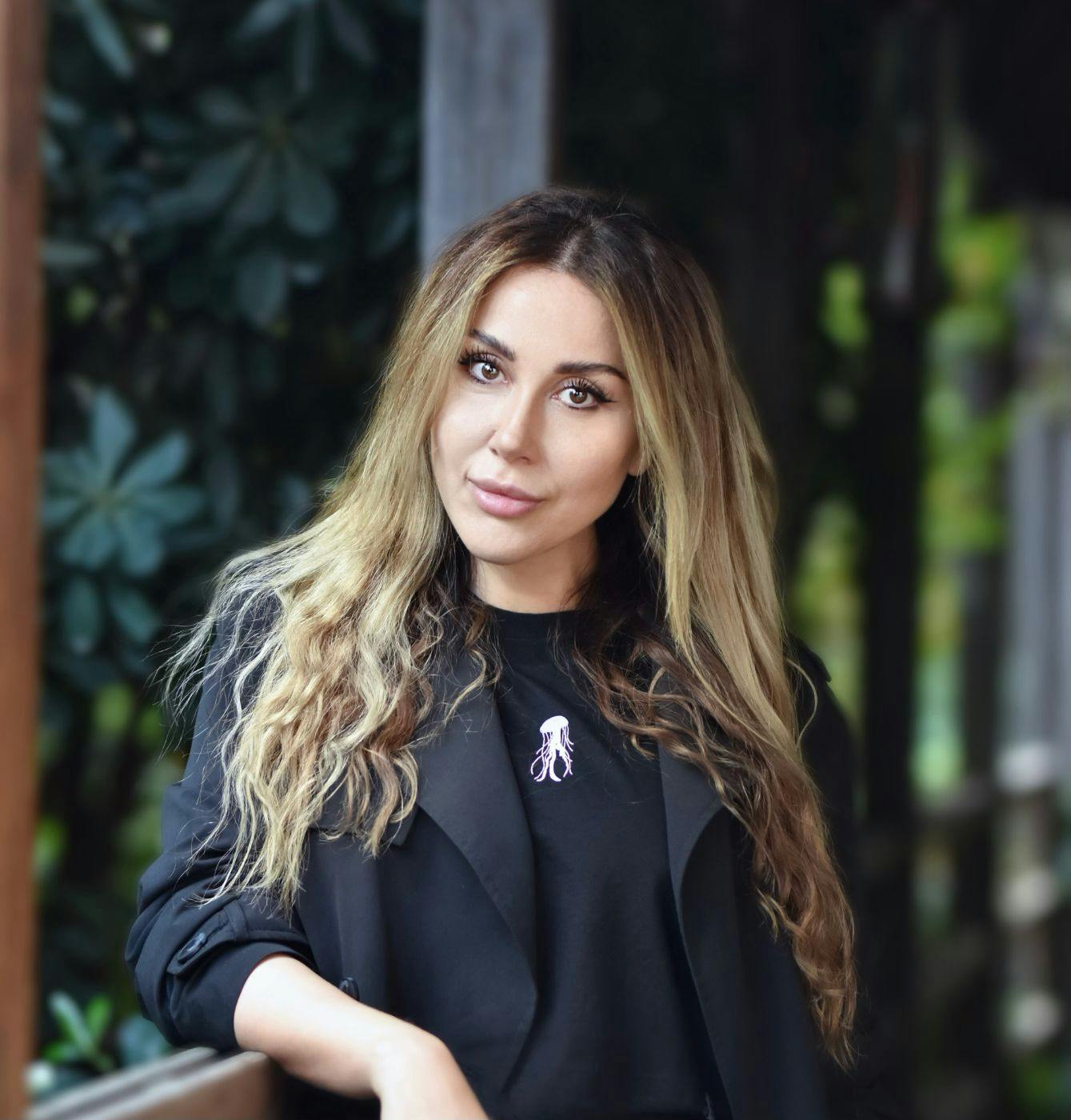249 reads
Carina Ayden On Being an Environmentalist Founder Building Resilient Products
by
February 21st, 2023
Audio Presented by

Regina Sadykova is an experienced crypto-enthusiast and community builder Tg: @awakeen
About Author
Regina Sadykova is an experienced crypto-enthusiast and community builder Tg: @awakeen
